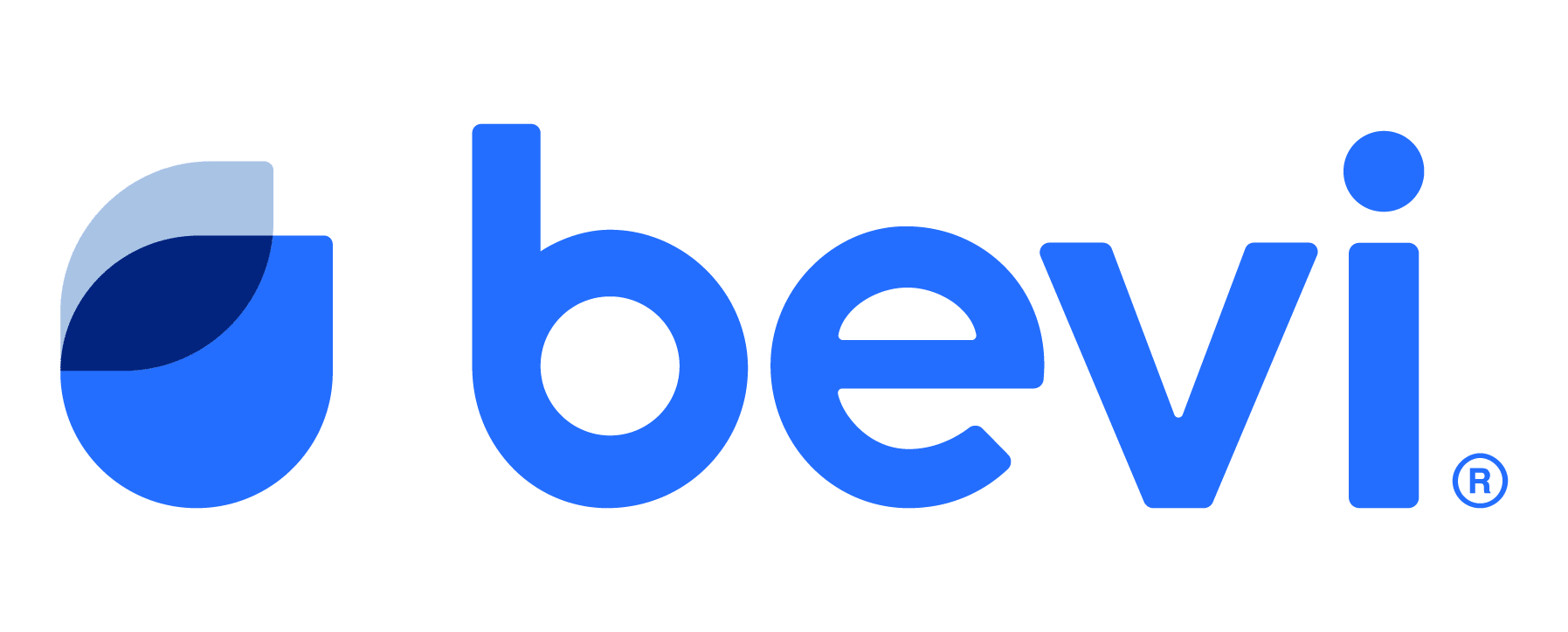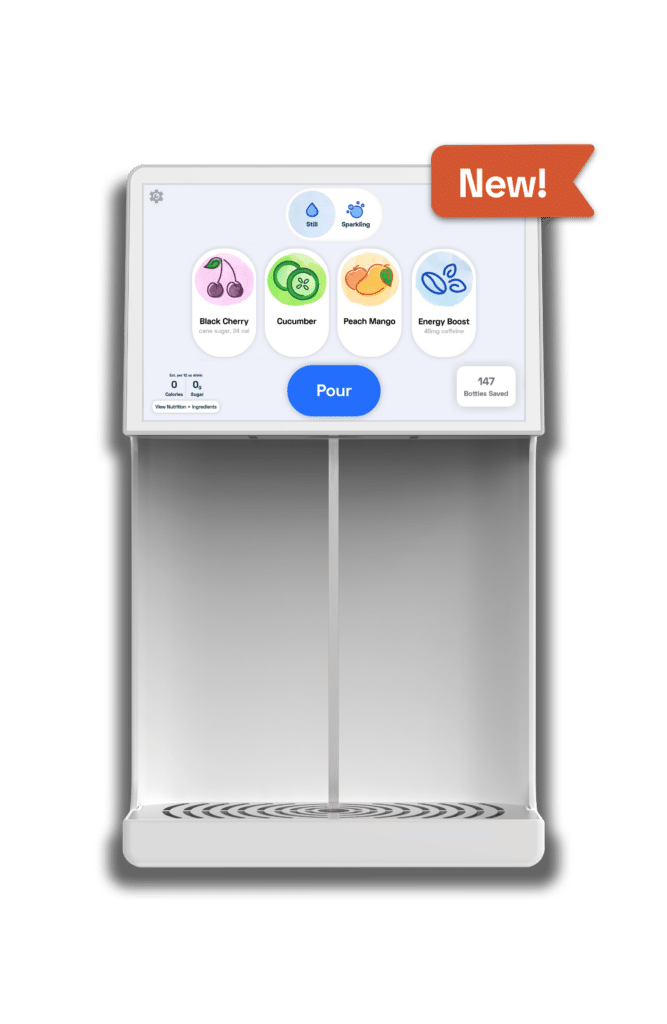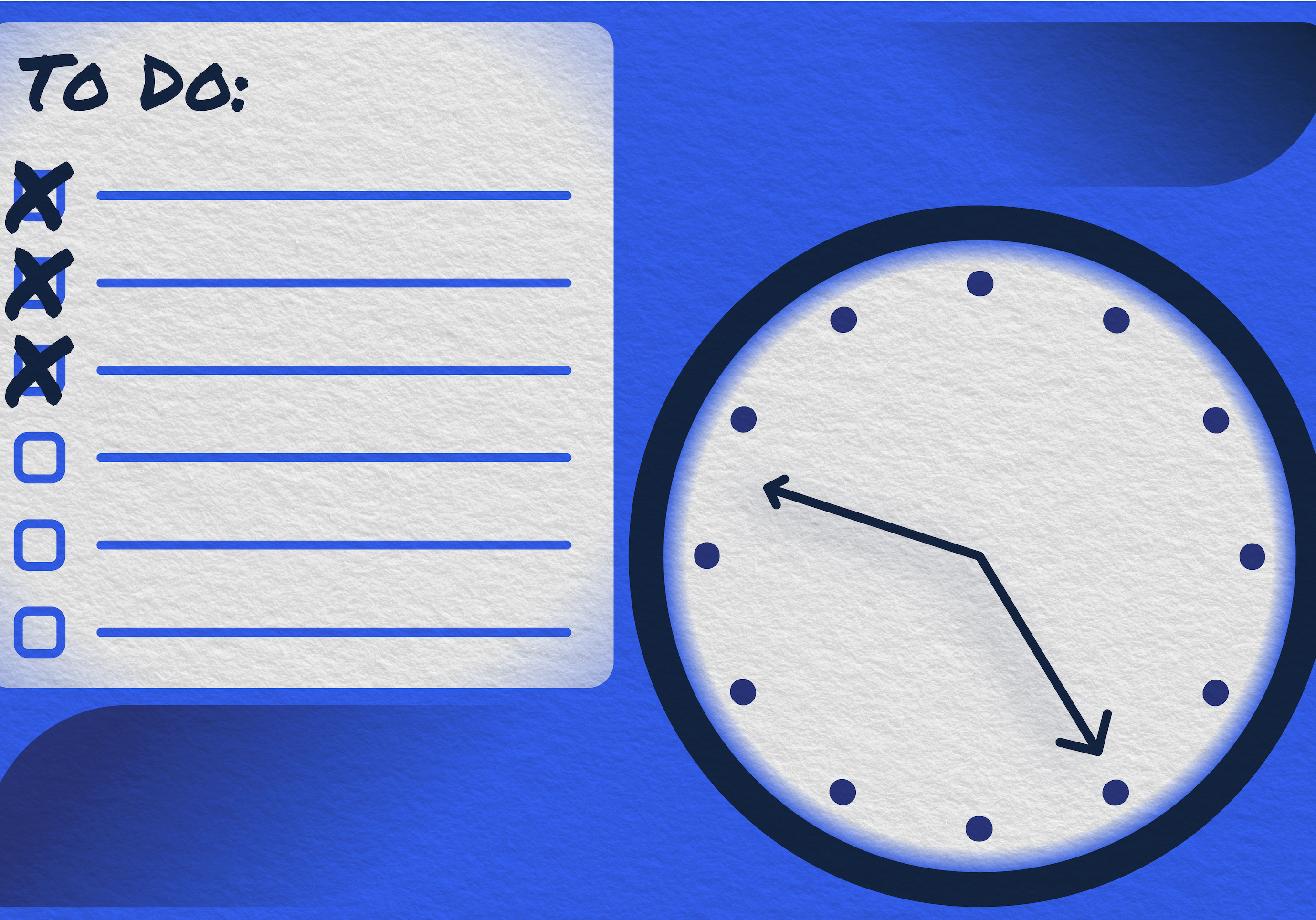The average office worker switches tasks every three minutes. And once you’re interrupted, it can take as long as 23 minutes to fully refocus. That’s hours of lost productivity every single day.
The modern office environment, both physical and digital, isn’t helping. Open floor plans, Slack pings, back-to-back Zooms, mismatched RTO schedules. It’s no wonder so many people feel scattered.
The good news is that staying focused isn’t about superhuman willpower or becoming a luddite. It’s about understanding what your brain actually needs to do its best work and building an environment that supports it.
7 tips to focus better at work
Below are seven research-backed strategies to help you stay focused when your entire workday is engineered to pull you in fifteen directions at once.
1. Stay hydrated for better brainpower
Step one of how to improve your focus at work, start with your (reusable) water bottle. A 2012 study published in the Journal of Nutrition found that even mild dehydration, as little as a 2% loss in body water, impairs working memory and increases anxiety and fatigue.
Why? Because your brain is 73% water. When you’re dehydrated, cognitive performance takes a hit. And most office workers are mildly dehydrated without realizing it.
The good news is: staying hydrated doesn’t mean forcing down plain water all day. Flavored and sparkling water options with clean, natural ingredients make it easier to hydrate habitually. Keep a reusable bottle at your desk and set refill reminders from your water cooler of choice, especially one that offers filtered and sparkling water options like a Bevi Smart Water Cooler.
2. Make your coffee (or tea) break work for you
Your brain wasn’t designed for eight straight hours of focused work. A 2024 study by Connect Vending found that 77% of workers reported being less productive when they skipped coffee breaks with colleagues. Short, intentional breaks help reduce mental fatigue and enhance sustained attention throughout the day.
The benefit isn’t just the caffeine. It’s the pause itself. Workers who missed their coffee breaks experienced an 84% decline in job satisfaction and felt more distant from their coworkers. These moments of connection matter for more than morale; they give your brain the reset it needs to return to work with better focus.
So next break, don’t grab your coffee and sprint back to your desk. Step outside. Chat with a colleague. Take five screen-free minutes. These small rituals matter more than you think, not just for energy, but for the social connections that make offices feel less isolating.
3. Choose snacks that support energy and focus
The mid-afternoon slump isn’t inevitable: it’s usually a blood sugar crash disguised as afternoon fatigue. When you eat sugary snacks or refined carbs, your blood sugar spikes, then plummets. Your brain, which relies on steady glucose for fuel, doesn’t function well on this rollercoaster.
Choose snacks with protein, fiber, and healthy fats: nuts, yogurt, fruit with nut butter, whole-grain crackers with cheese. These options regulate blood sugar and provide steady fuel without the crash. Keep them within reach so you’re not tempted by whatever’s fastest when hunger hits.
Will you always choose the apple over the cookies? No. But you’ll make better choices more often, and that’s what actually matters.
4. Try functional drink add-ons to your beverage
Some days, coffee alone doesn’t cut it. Especially during high-stakes work or tight deadlines. That’s where functional beverages come in.
Bevi’s Focus Blend combines a light dose of caffeine from green coffee beans with vitamin B12 and magnesium, ingredients linked to improved cognitive function and reduced mental fatigue.
What makes Focus Blend special?
5. Find the workspace that matches how you focus best
Not all focus looks the same:
- Deep work — the kind where you’re writing, coding, or analyzing complex problems — requires quiet and minimal distractions.
- Collaborative work thrives in open spaces where spontaneous conversations spark ideas.
The problem is that most offices treat all work the same, leaving you to fight your environment instead of using it strategically.If your office offers flexible seating, use it:
- Deep work? Find a quiet corner or phone booth.
- Collaborative brainstorming? Head to open areas where conversation flows naturally.
Noise-canceling headphones, a DND Slack status, and physically moving away from high-traffic zones all help protect your focus when you need it most.
6. Take breaks that truly recharge your mind
Scrolling through social media between meetings is not a break. In fact, a 2023 study found that excessive social media use was significantly associated with cognitive failures: everyday lapses in memory, attention, and action control like forgetting appointments or overlooking information.
Real cognitive rest means stepping away from screens entirely.
Walking for five minutes, stretching, or sitting outside without your phone all count as actual breaks that help your brain reset. Build short pauses into your day between meetings, after finishing a task, or when you notice your attention fading. A quick stretch, a breathing exercise, or a walk to refill your water bottle all give your brain the reset it needs.
7. Surround yourself with positive, supportive energy
It should come as no surprise, but your ability to focus is closely tied to your mental and emotional state.
If you’re worried about office politics, feeling undervalued, or stressed about whether your manager will micromanage your every move, your brain can’t fully engage with your work.
Google’s Project Aristotle, which analyzed hundreds of teams over two years, found that psychological safety—the belief that you won’t be punished or humiliated for speaking up, making mistakes, or asking questions—was the most important factor in team effectiveness.
In teams with high psychological safety, members feel confident that no one will embarrass or punish them for admitting a mistake, asking a question, or offering a new idea. In offices where trust and respect are the norm, people focus better because they’re not wasting mental energy on self-protection.
Build your own focus-friendly routine
Staying focused at work doesn’t require a complete productivity overhaul or a $5,000 standing desk. It requires understanding what your brain actually needs: hydration, real breaks, the right fuel, environments that match the work, and workplaces where you feel safe enough to think clearly.





